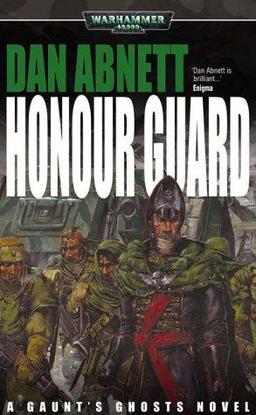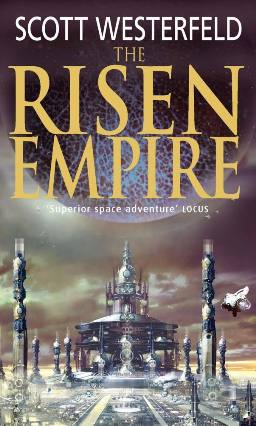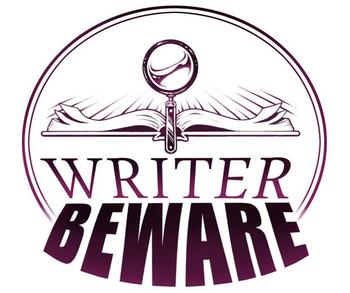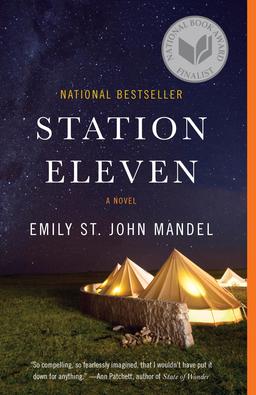Things Your Writing Teacher Never Told You: The Multiple Personalities of Omniscient 3rd Person: Spotlight on “Head-Hopper”
This is part 8 in the Choosing Your Narrative Point of View Series
Virginia Woolf’s novel, To the Lighthouse, does a brilliant job with our next POV style:
- Head-Hopper
If you’ve not read her novel, I urge you to do so. I also urge you to read it aloud, even if you’re sitting outside at a café, which I did a few summers ago. The book is graced with many long, complex sentences that loop and flow, and sometimes change point of view from one clause to the next. Reading it out loud helps the brain make sense of the phrases and clauses in a way that eyes-only reading can’t manage as well. When done well, as Ms. Woolf did, it is a brilliant writing stratagem. But it works best in stories where there is very little physical plot. The conflict comes mainly from the contrast of how different characters perceive the same moment, and in the shifting emotions of characters.
Which means, generally, it is not a good point of view choice for action-packed genre stories.









